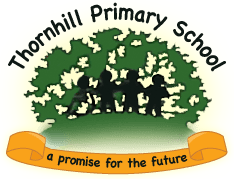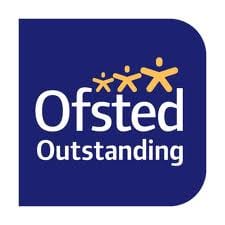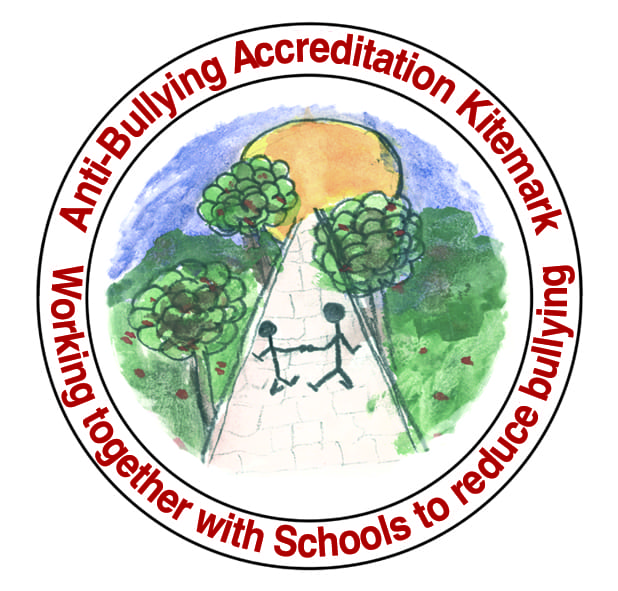Progression- English skills assessment
Progression Template English Grid 1 2022 including EYFS
Progression Template English Grid 2 2022
Progression Template English Grid 3 2022
Literacy Routines and Procedures 2022 23
Extended Writing Long Term Plan 2022
| Philosophy |
|
The reading and writing of Standard English, alongside proficient language development, is the key to unlocking both the rest of the academic curriculum and ensuring the development of independent citizens with the potential to make a positive contribution to wider society.
|
| Intent: What we are trying to achieve through our curriculum… |
|
Language and literacy are the cornerstones of all learning. They are the key to unlocking the rest of the academic and social curriculums. Consequently, our intent is to ensure that our children are confident, independent learners who are fluent in the fundamental basic skills of speaking, listening, reading, writing and spelling and who reach each transition point at, at least the minimum age related expected standard. Our priorities are helping children to read and comprehend, to nurture a culture where children take pride in their writing and can write clearly and accurately and passionately, and to inspire our children to be confident in the art of speaking and listening. We believe our children need to develop a secure knowledge base in Literacy which follows a clear pathway of progression as they advance through the primary curriculum. A secure foundation in literacy skills is crucial to high quality education and we will give our children the tools that they need to patriciate fully as a member of society. This is, ‘our promise for the future. ‘
|
| Implementation: How our curriculum is delivered… |
| English teaching should be thought provoking, raise questions, be lively and encourage individual flair whilst being rooted in the rigorous application of accurate basic skills. Work produced must be technically accurate at every stage; we believe in ‘perfect practise makes perfect’ and work must be produced to a high standard using a consistently neat handwriting style.
The foundation of our teaching is current evidence based research. This has led us to plan a sequence of progressive steps with significant opportunities to practise and consolidate learning built in. The importance of talk, including opportunities for role play, retelling stories, reciting poetry, debate and performance, is critical to developing children’s vocabulary and language. If children can say it, then they will have greater understanding when they read it and be more able to write it. Based on this fundamental belief we have a wide range of planned opportunities for speaking and listening across the curriculum. These include; key vocabulary list linked to specific areas in Nursery for 3 and 4 yrs olds to structure adult talk; class based experiences including drama and role play; formal termly whole school personal development and parent assemblies, weekly school council and buddy meetings to formal end of year performances and productions. Also to supplement class based vocabulary development lessons, from Year 3 to Year 6 the children have two weekly online vocabulary development sessions to further their understanding of predominantly tier two vocabulary using a platform called Bedrock. In EYFS we teach phonics using a systematic synthetic phonics programme called Jolly Phonics. This programme is multisensory, delivered using quality first teaching to the whole class, with opportunities for extra practise outside class lessons for identified groups of pupils. Progress is tracked using tracking grids and the programme is extended as needed outside of the EYFS and KS1 if necessary to targeted individuals. Our children read decodable books that are matched to their phonic level. Reading teaching is based on the OUP Project X , Oxford Reading Tree and Rigby Star schemes. Daily dedicated reading sessions take place for each class across the school. Multiple members of teaching staff support KS1 with the aim to ensure all children reach age related expectation on transition to KS2. From Year 4 to Year 6 we initially use a ten week intense reading comprehension skills development scheme called Comprehension Express prior to using the Project X materials. Nelson Comprehension and Schofield and Simms Schemes are used to structure weekly class timetabled comprehension lessons. Our children take home a reading book based on their reading stage and a weekly library book to read for pleasure. In addition to this all year groups from Reception to Year 6 have access to online books in the form of Oxford Reading Buddy. We believe spelling is successful because it is given ‘high status’ with a clear expectation that it is a skill which must be mastered and should be correct. At the beginning of each year, in KS1 the 100 high frequency words are assessed, whilst in KS2 100 commonly misspelled words are assessed and any incorrect words taught and learnt. Pupils are then assessed on the Schonell spelling lists and allocated a differentiated group to meet their learning need. Schonell is a structured, progressive list and it forms the main body of our weekly spelling lists. All classes have a weekly taught spelling lesson on a Monday. A proportion of their weekly spelling list words match the spelling rule taught and so reinforce the rule. A record of tricky words for the class to spell, generated from marking, NC words and topic words is kept and these are added to the weekly spelling list. Whilst in EYFS action words are used to support the recognition and spelling of tricky words. Grammar lessons are closely matched to writing and structured using the Nelson Grammar scheme. In both KS1 and KS2 each class also has a daily 15 minute grammar session following the Jolly Grammar scheme. In EYFS grammar is highlighted and modelled during shared reading and writing sessions. Our writing cycle is based on Pie Corbett’s ‘Talk for Writing.’ We teach children to imitate and innovate writing before becoming independent writers with their own writing style. Writing is linked to high quality class texts that have been carefully selected and allocated to each class on a one text per term basis. Opportunities for reading and writing are also created across the curriculum to ensure that skills taught are applied in other subjects. We also celebrate whole school events and are involved in weekly spelling competitions as well as national events such as Roald Dahl Day and World Book Day. |
| Impact: The difference our curriculum is making… |
|
The impact on our children is clear: progress, sustained learning and transferrable skills. Children who are increasingly confident, from Nursery to Year Six, in their use of the English language in its spoken, written and read form; and who can access it in order to engage in learning across the whole curriculum. Phonics tracking girds, statutory Phonic screening checks, standardized tests, lesson observations, book scrutinies and pupils discussions all provide evidence of the positive impact our literacy teaching is having. At the end of each year we expect children to have achieved age related expectations (ARE) for their year group. Some children will have progressed further and achieved greater depth (GD). Children who have gaps in their knowledge receive appropriate support and intervention.
Key Assessment Data 2022
· Phonic Screening check 93% passed · KS1 SATS – Reading 76% ARE 33% GD, Writing 74% ARE 17% GD · KS2 SATS – Reading 90% ARE 34% GD, SPAG 97% ARE 48% GD, Writing 93% ARE 24% GD. We hope that as children move on from Thornhill Primary School to further their education and learning, that their accuracy of work, high standards of content and presentation, passion for English and high aspirations with travel with them and help them to grasp opportunities and to continue to grow and develop into positive role models – a promise for the future.
|





